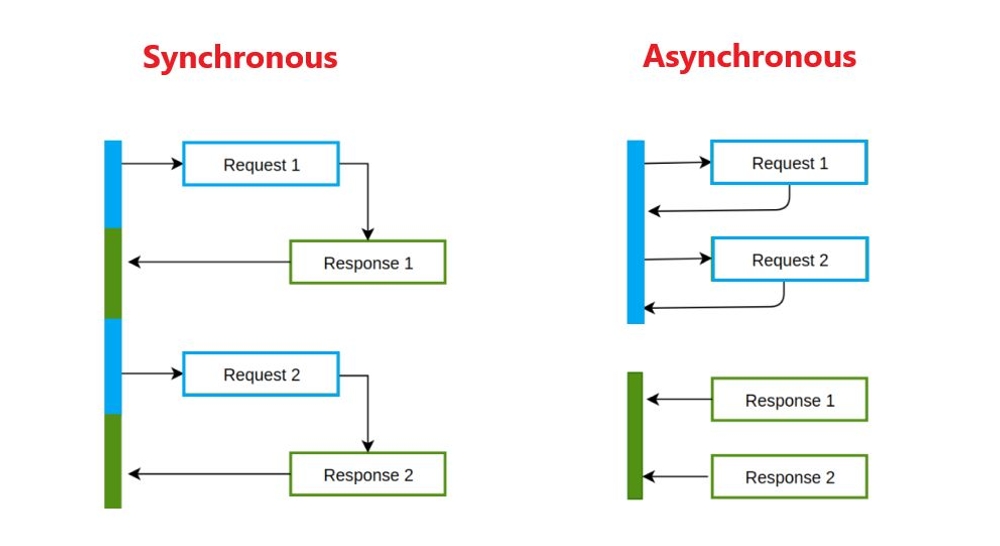Published
- 4 min read
Pros and Cons of Entity Framework's Compiled Query

Pros and Cons of Entity Framework’s Compiled Query
Entity Framework (EF) is an object-relational mapper (ORM) that allows developers to interact with databases using objects. EF provides a number of features that make it a powerful tool for data access, including compiled queries.
Compiled queries are pre-processed by EF and stored in memory. This can improve performance by reducing the amount of time that EF needs to spend parsing and executing the query each time it is used.
There are a number of pros and cons to using compiled queries in EF.
Pros:
- Compiled queries can improve performance by reducing the amount of time that EF needs to spend parsing and executing the query each time it is used.
- Compiled queries can be reused, which can further improve performance.
- Compiled queries can be cached, which can further improve performance.
Cons:
- Compiled queries can be more difficult to debug than ad-hoc queries.
- Compiled queries can be less flexible than ad-hoc queries.
- Compiled queries can be more difficult to maintain than ad-hoc queries.
Examples with C# and .NET 7
Here is an example of how to use compiled queries in EF with C# and .NET 7:
using System;
using System.Data.Entity;
namespace Example
{
class Program
{
static void Main(string[] args)
{
// Create a new context.
var context = new MyContext();
// Create a new query.
var query = context.Set<MyEntity>().Where(e => e.Name == "John Doe");
// Compile the query.
var compiledQuery = query.Compile();
// Execute the query.
var results = compiledQuery.ToList();
// Print the results.
foreach (var result in results)
{
Console.WriteLine(result.Name);
}
}
}
public class MyContext : DbContext
{
public DbSet<MyEntity> MyEntities { get; set; }
protected override void OnModelCreating(DbModelBuilder modelBuilder)
{
modelBuilder.Entity<MyEntity>()
.Property(e => e.Name)
.IsRequired();
}
}
public class MyEntity
{
public int Id { get; set; }
public string Name { get; set; }
}
}This code will compile the query and then execute it. The results of the query will be printed to the console.
Reusing a Compiled Query:
// Define the compiled query outside the method.
static Func<MyContext, string, MyEntity> compiledQuery = EF.CompileQuery(
(MyContext context, string name) => context.Set<MyEntity>().FirstOrDefault(e => e.Name == name)
);
// Use the compiled query multiple times.
using (var context = new MyContext())
{
var result1 = compiledQuery(context, "John Doe");
var result2 = compiledQuery(context, "Jane Smith");
var result3 = compiledQuery(context, "Mike Johnson");
}In this example, the compiled query is defined once and can be reused multiple times within the same context, which can provide a performance benefit.
Caching a Compiled Query:
// Define the compiled query with caching enabled.
static Func<MyContext, string, MyEntity> cachedQuery = EF.CompileQuery(
(MyContext context, string name) => context.Set<MyEntity>().FirstOrDefault(e => e.Name == name),
cacheKey: "myCachedQuery"
);
// Use the cached query.
using (var context = new MyContext())
{
var result1 = cachedQuery(context, "John Doe");
var result2 = cachedQuery(context, "Jane Smith");
}By specifying a cache key, the compiled query can be stored in memory for subsequent usage, providing an additional performance boost.
Parameterized Compiled Query:
// Define a parameterized compiled query.
static Func<MyContext, int, IEnumerable<MyEntity>> parameterizedQuery = EF.CompileQuery(
(MyContext context, int count) => context.Set<MyEntity>().Take(count)
);
// Use the parameterized query.
using (var context = new MyContext())
{
var results1 = parameterizedQuery(context, 5); // Get the first 5 entities.
var results2 = parameterizedQuery(context, 10); // Get the first 10 entities.
}In this example, the compiled query takes a parameter (count) that allows you to customize the query based on your requirements.
It’s important to note that the benefits and drawbacks mentioned in the article still apply to these examples, and developers should carefully consider the trade-offs before deciding to use compiled queries in their Entity Framework applications.
Compiled queries can be a powerful tool for improving the performance of EF applications. However, it is important to weigh the pros and cons of using compiled queries before deciding whether or not to use them.
Conclusion
In this article, we learned about the pros and cons of using compiled queries in Entity Framework. We also explored practical examples of how to implement compiled queries in C# and .NET 7.